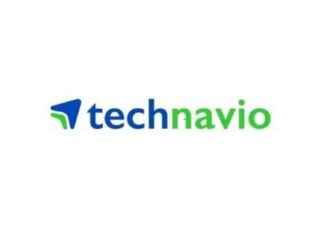The general director of Renault, Luca de Meo, traveling to Sandouville, Seine-Maritime, with the Minister of the Economy, Bruno Le Maire, and the mayor of Le Havre, Edouard Philippe, announced on Friday March 29 the manufacturing here 2026 of a new 100% electric utility vehicle.
These new generation vans will supply the Flexis joint venture, created on March 22 by Renault, Volvo and the shipowner CMA CGM for last mile delivery, with 550 hires in four years for the Sandouville site, indicated Mr. de Meo, citing an investment of 330 million euros.
The new vehicle, called FlexEvan, “is something quite revolutionary in a sector where there hasn’t been a big big bang for several decades,” said Mr. de Meo. “E-commerce is exploding and this makes the need to reduce the environmental impact of these vehicles in the city even more essential,” underlined the general manager of the French car manufacturer.
One in six utility vehicles sold in Europe is manufactured by Renault, he recalled, and 85% of them are manufactured in France, on three sites including Sandouville, where the Renault Trafic is assembled.
Facilitate the establishment of industries in France.
The Sandouville factory has 1,850 employees and 600 temporary workers, and assembles 600 vehicles per day. The General Confederation of Labor denounces the reduction in the number of employees on the site which had 2,000 people in 2014, according to the union. Bruno Le Maire underlined the role of “the reduction in production taxes” which, according to him, made it possible to relaunch industrial projects in France. “We will continue to lower production taxes in France,” he insisted.
The minister also called for the creation of “new industrial sectors” in the fields of batteries but also artificial intelligence, heat pumps and photovoltaics. The batteries for the FlexEvan will also be supplied by Verkor and its Dunkirk factory, which has a partnership with Renault.
Like Edouard Philippe, he warned of the need to find land to facilitate the establishment of industries in France. “We must question the implementation of ZAN”, or zero net artificialization, which consists of limiting the extension of land artificialization, argued Mr. Le Maire. The minister also announced the development of 1,500 hectares at the ports of Le Havre, Dunkirk and Marseille to encourage the establishment of factories. “It’s good for the environment to produce in France,” he said.







